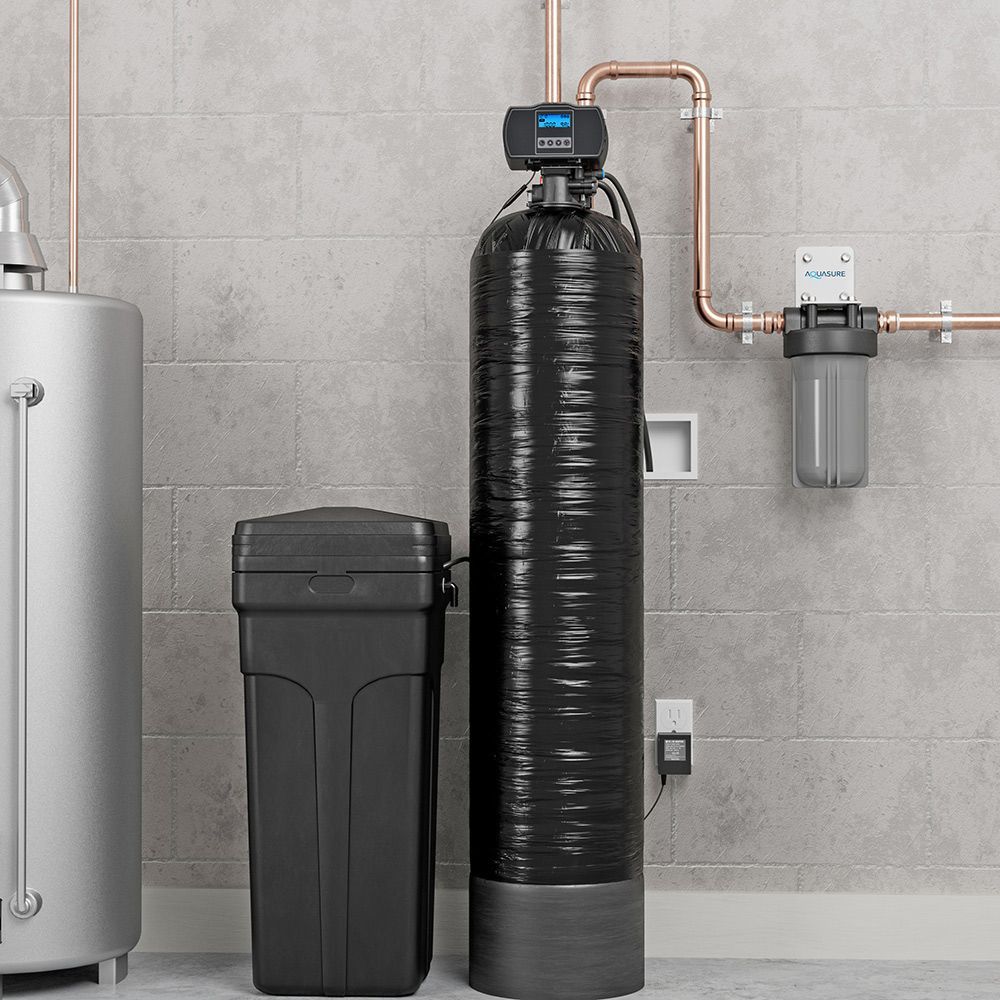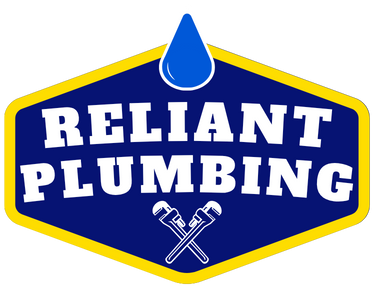
How to Choose the Right Water Softener for Your Cambridge Home 💧🏡
If you’ve noticed your water feeling “hard” — with mineral buildup on faucets, spotty dishes 🍽️, or dry skin 🧴 — you’re not alone. Hard water is common in Cambridge, ON, due to the local groundwater’s high mineral content, especially calcium and magnesium. Installing the right water softener can make a huge difference in your home’s plumbing health, appliance lifespan, and everyday comfort.
Let’s dive into everything you need to know to choose the best water softener for your Cambridge home.

What Is Hard Water? Why Does It Matter? 🤔
Hard water is water that contains high levels of dissolved minerals, primarily calcium and magnesium. These minerals don’t pose health risks but can cause several household issues:
- 🛠️
Scale buildup inside pipes and appliances
Over time, these minerals accumulate inside your pipes, water heater, and appliances like dishwashers and washing machines, causing reduced water flow and efficiency.
- 🔥
Reduced efficiency of water heaters
Scale buildup inside your water heater forces it to work harder, increasing energy bills and shortening its lifespan.
- ✨
Spotting on dishes and glassware
Have you noticed white spots or a cloudy film on your glasses after washing? That’s the calcium deposits left behind by hard water.
- 🧴
Dry, itchy skin and dull hair
Hard water can strip moisture from your skin and hair, leading to dryness and irritation.
- 🧼
Increased soap and detergent usage
Hard water reduces the effectiveness of soaps and detergents, so you end up using more to get the same clean.
If left unaddressed, hard water can lead to expensive plumbing repairs and shorten the lifespan of household appliances. That’s why many homeowners in Cambridge turn to water softeners as a solution.
Types of Water Softeners 💧⚙️
There are several types of water softening systems, each with their pros and cons. Understanding them will help you make the best choice for your home.
1. Salt-Based Ion Exchange Softeners
This is the most common and effective type of water softener. These systems use resin beads inside a tank that swap calcium and magnesium ions for sodium ions—a process called ion exchange. You add salt to a separate brine tank that regenerates the resin beads regularly.
Benefits:
- Very effective at removing hardness minerals
- Easy to maintain by adding salt periodically 🧂
- Can handle varying water hardness levels
Considerations:
- Adds a small amount of sodium to the water (usually safe for most people)
- Requires space for the brine tank
2. Salt-Free Water Conditioners
Instead of removing minerals, salt-free conditioners use a process called template-assisted crystallization (TAC) to alter the minerals’ structure, preventing them from sticking to pipes and appliances. These systems don’t technically “soften” water but reduce scale buildup.
Benefits:
- No salt or chemicals added to water
- Low maintenance, no salt refills needed
- Environmentally friendly
Considerations:
- Less effective for very hard water
- Doesn’t improve soap lathering or spot reduction as much
3. Dual-Tank Softeners
These systems have two tanks, allowing one tank to regenerate while the other continues softening your water. This means you always have softened water without interruption, even during regeneration.
- Benefits:
- Continuous supply
- Suitable for larger homes or heavy water usage
Considerations:
- Higher upfront cost
- Requires more space
4. Magnetic or Electronic Descalers
These devices claim to reduce scale buildup by using magnetic or electric fields to change how minerals behave. Their effectiveness is debated, and they don’t technically soften water by removing minerals.
Benefits:
- Easy to install, no plumbing changes needed
- No chemicals or salt added
Considerations:
- Scientific evidence on effectiveness is limited
- Doesn’t remove minerals
Factors to Consider When Choosing a Water Softener 📝
Before purchasing a water softener, it’s important to consider several key factors:
Water Hardness Level
Get your water tested 🔬 to know exactly how hard it is. Cambridge water hardness can range from moderately hard to very hard, and knowing your specific level will help you choose the right capacity and type of softener.
Household Water Usage
Think about how much water your family uses daily 🚰. A system that’s too small won’t keep up, while one that’s too big may be more expensive than necessary. Most water softener manufacturers provide sizing charts to help with this.
Maintenance Requirements
Salt-based systems require regular salt refills 🧂 and periodic cleaning. Salt-free systems usually require less maintenance but may not be as effective. Choose a system whose maintenance matches your lifestyle and preferences.
Space and Installation
Measure the available space 📏 where you plan to install the system. Water softeners can be bulky, so make sure there’s enough room. Professional installation is recommended to ensure correct setup and optimal performance.
Budget
Water softener prices vary widely. Salt-based systems generally have a higher upfront cost but provide thorough softening. Salt-free conditioners tend to be less expensive but may not address all hard water issues. Factor in maintenance costs too 💵.
Why Choose Reliant Plumbing for Your Water Softener? 🔧💙
At Reliant Plumbing, we understand Cambridge’s unique water conditions and tailor solutions to your home’s needs. Our team offers:
- 🧪 Professional water testing and analysis to accurately assess your water hardness
- 🛠️ Expert installation ensuring your system operates at peak performance
- 🔄 Maintenance and repair services to keep your system running smoothly year-round
- 🤝 Friendly, local support with transparent pricing and no hidden fees
We pride ourselves on helping homeowners protect their plumbing systems and enjoy the many benefits of soft water — from shinier dishes and softer skin to longer-lasting appliances.
Tips to Maintain Your Water Softener 🧂🧹
To keep your water softener working effectively:
- Regularly check and refill the salt level in the brine tank 🧂
- Clean the brine tank annually to prevent buildup
- Schedule professional maintenance inspections every 1-2 years
- Monitor water softness and system performance to catch any issues early
Proper maintenance extends the life of your water softener and ensures consistent water quality.
Final Thoughts 💡
Choosing the right water softener can transform your home’s water quality, protect your plumbing system, and improve everyday living. With the variety of options available, it’s important to understand your water’s hardness, usage needs, and maintenance preferences before making a decision.
If you’re in Cambridge, ON, and want expert advice or professional water softener installation, call Reliant Plumbing today at 📞 519-778-3828 or visit 🌐 reliantplumbing.ca. Our knowledgeable team is ready to help you enjoy softer water and a healthier home.
